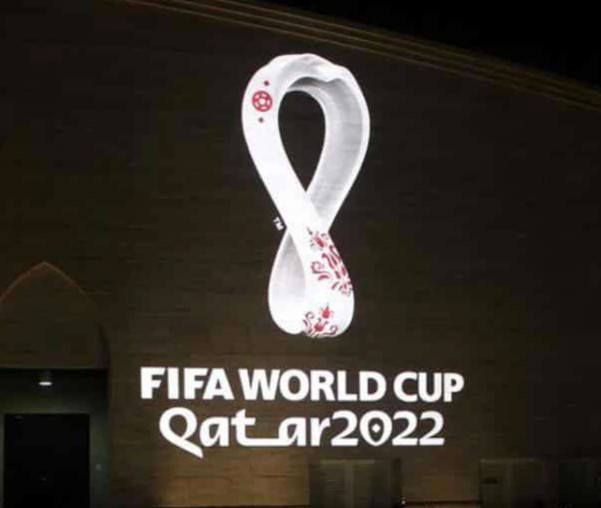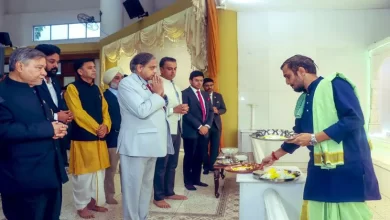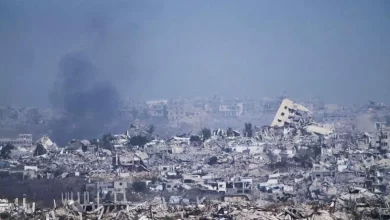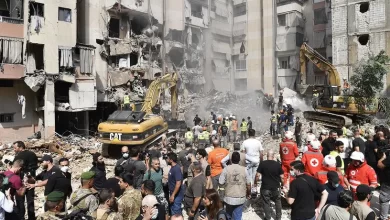Human Rights are left out of the Qatar 2022 World Cup

This weekend will see the start of the most controversial World Cup in recent decades. Qatar’s World Cup was questioned even before the country was chosen by FIFA to host an event that people are calling for a boycott due to the violation of fundamental rights and allegations of numerous deaths of workers during the construction of the stadiums.
Several rights organizations have described the upcoming soccer event as “the World Cup of shame”, after observing labor violations and abuses during the construction of the lavish stadiums that will host the matches of the 32 teams that will play in the tournament.
The sponsorship system — or kafala — is the main problem facing migrant workers, mainly in the construction or domestic service sectors, in Arab countries such as Qatar. Considered a form of quasi-slavery, it has served over the years to deepen the abuses of employers over their employees, who have no legal protection to defend themselves.
Under this system, unskilled workers cannot enter the country or obtain a visa unless they have such sponsorship. At the mercy of their employers, they retain their passports and decide on their legal status, thus trapping them in a cycle of abuse, denounced by rights organizations.
Like other Persian Gulf monarchies, Qatar has in recent decades exploited migrant workers, especially from India, Nepal, the Philippines, Sri Lanka and Bangladesh. The country is under global scrutiny after it became known that thousands of people had died during the construction of soccer stadiums in extremely long working hours and high temperatures.
The figures range from the most conservative ones, which speak of about thirty deaths, which are those offered by the executive committee in charge of organizing the World Cup, the fifty or so according to a 2021 report by the International Labor Organization (ILO), or the 6,500 deaths reported by some media, such as the British newspaper ‘The Guardian’.
“The authorities still do not adequately investigate the deaths of migrant workers, thousands of whom died suddenly and unexpectedly in Qatar in the last decade”, coinciding with the beginning of the works of the stadiums, denounces the NGO Amnesty International.
n addition, says the organization, Qatar “prevented any assessment of whether the deaths were work-related” and “denied the workers’ families the opportunity to receive compensation”.
Wage theft is one of the most common abuses faced by migrant workers, who are also not allowed to organize to demand their most fundamental labor rights. In some cases, employers even use wages to pay for the costs of repatriation of bodies in the event of death.
“We work from January to January, Sunday to Sunday. No day off. If you are absent, they deduct two or more days’ wages,” Godfrey, a worker who arrived from Uganda, told Amnesty International.
The situation is even more complicated for domestic workers, who are isolated and confined to their homes, because not only do they live with their employers, but also any possible abuses are kept out of sight of the rest of society.
Women are precisely one of the groups that are the most aggrieved by the Qatari political regime. In law and in practice they continue to suffer discrimination, subjugated by the guardianship system that forces them to remain tied to a male guardian, usually a relative or her husband.
Women still need the permission of a male figure to make fundamental decisions in their lives, such as getting married, studying abroad, or having access to certain reproductive treatments. In the event of a divorce, the State withdraws their custody of their children.
Qatar is one of the 70 countries that criminalize same-sex relations. According to its Penal Code, “sodomy” or “debauchery” is punishable by up to seven years in prison, and the authorities have made no secret of trying to camouflage their views on homosexuality.
It is “a mental deviation,” said Khalid Salman, ambassador of the 2022 World Cup, in an interview for the German channel ZDF, in which he also emphasized to remember that in his country homosexuality is forbidden by law. “If they agree to come here they will have to accept our rules,” he remarked.
As far as other fundamental rights are concerned, freedom of expression has also been restricted in the last decade, since the country was designated as host of the FIFA World Cup, the highest soccer body whose response to all these complaints has been rather lukewarm and ambiguous.
FIFA has preferred to look the other way while criticism is mounting as the opening whistle of Sunday’s opening match draws nearer. Faced with the numerous reports of human rights violations, it has limited itself to pointing out that it is “investigating” all these allegations and has highlighted the supposed “great evolution” of Qatar in recent years.
“FIFA cannot use the spectacle of the World Cup to shirk its responsibilities. It has a clear duty to the hundreds of thousands of workers who suffered while building the stadiums,” said Amnesty, which proposes the creation of a compensation fund from the tournament’s profits to compensate the victims and their families.







